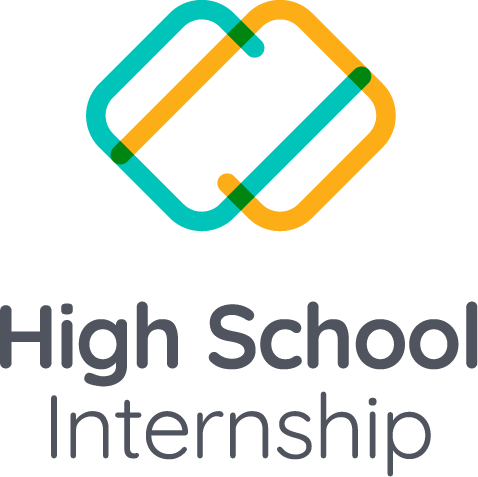The P21 Framework for 21st Century Learning states that ‘Learning and innovation skills increasingly are being recognized as the skills that separate students who are prepared for increasingly complex life and work environments in the 21st century, and those who are not.’ It is clear that people can no longer rely solely on knowledge and so education must now focus on giving students the skills and attributes they need to succeed in a whole range of different contexts and situations.
The P21 Framework highlights creativity and innovation, critical thinking and problem solving, communication, and collaboration. Other lists include abilities and competencies like flexibility, self-learning and initiative. But there is one skill that is often missing – empathy.
Empathy is the action of understanding, being aware of, and being sensitive to the experience of another from either the past or present without having the feelings, thoughts, and experience fully communicated in an explicit manner. It enables people to identify the problems others are experiencing and then design solutions that actually meet their needs.
Given future jobs are likely to have a heavy reliance on problem-solving, empathy surely belongs on the lists of skills that students should focus on. But how do you develop someone’s empathy? Many people suggest it is something you are born with, that can’t be taught, but we disagree. Empathy can be practiced and, to some people’s surprise, it can be practiced when learning to use and build with technology.
How do you do this? Get your students to build solutions for real-world problems using technology.
Ask your students to think about a problem they encounter on a regular basis. Once they have thought about a problem for themselves, encourage them to consider whether this is a problem for other people and how this problem might affect different people in different ways to arrive at a specific problem that really needs to be solved. Let them spend real time on this. Once they have identified the specific problem, task them to create a solution that will work for and be used by a range of different people. To do this, they will have to demonstrate empathy.
As soon as you introduce a problem that affects real people, students have to really think about those people and understand their needs, often within a context very different to their own, before even being able to start to develop an effective solution. If they don’t do this and don’t demonstrate empathy, they will likely finish with a product that doesn’t solve the problem, does not present a solution to something people really feel is a problem, or perhaps solves the problem in a way that nobody will use.
There’s a reason why the best innovators are empathetic and problem finders: you can’t come up with new ideas unless you observe the world with fresh, empathetic eyes.
Empathy is a fundamental skill and mindset that all students need to develop. At BSD we build all our projects that students learn and create with to be real world and product focused. By bringing the real world into technology learning and getting students to build real products for real people and communities, you will give your students the opportunity to develop empathy.


